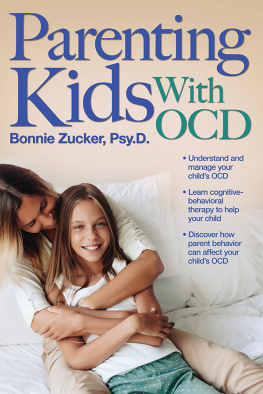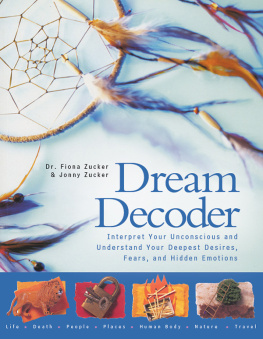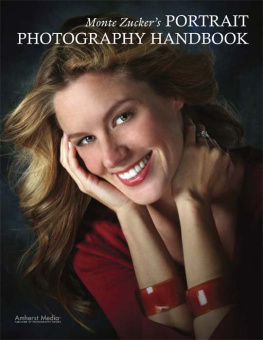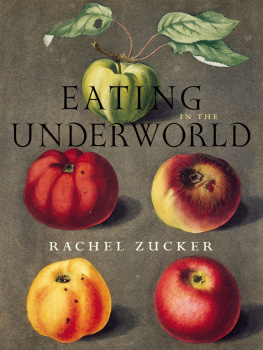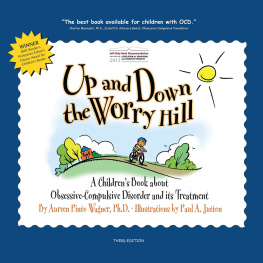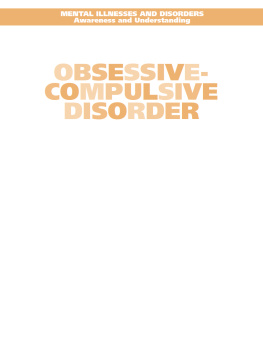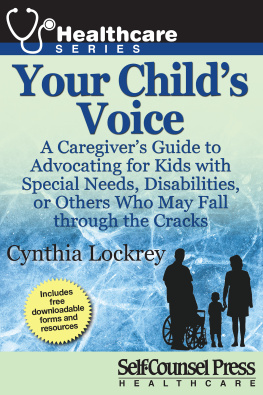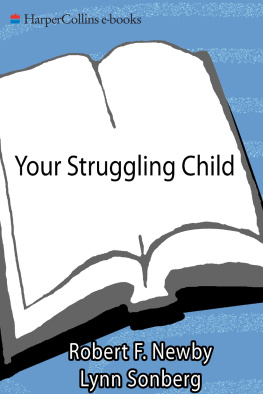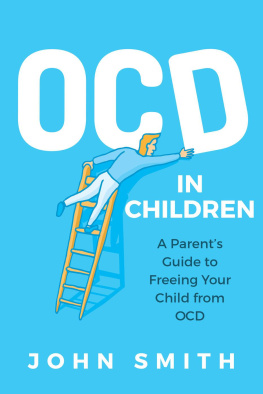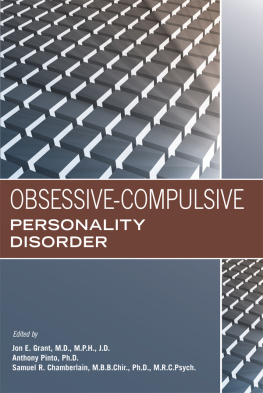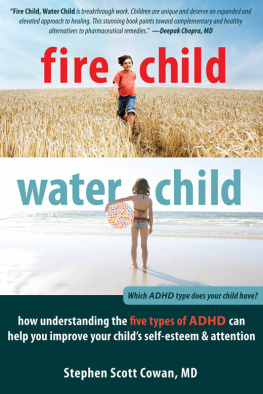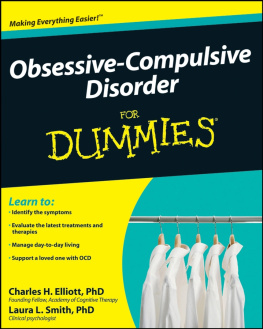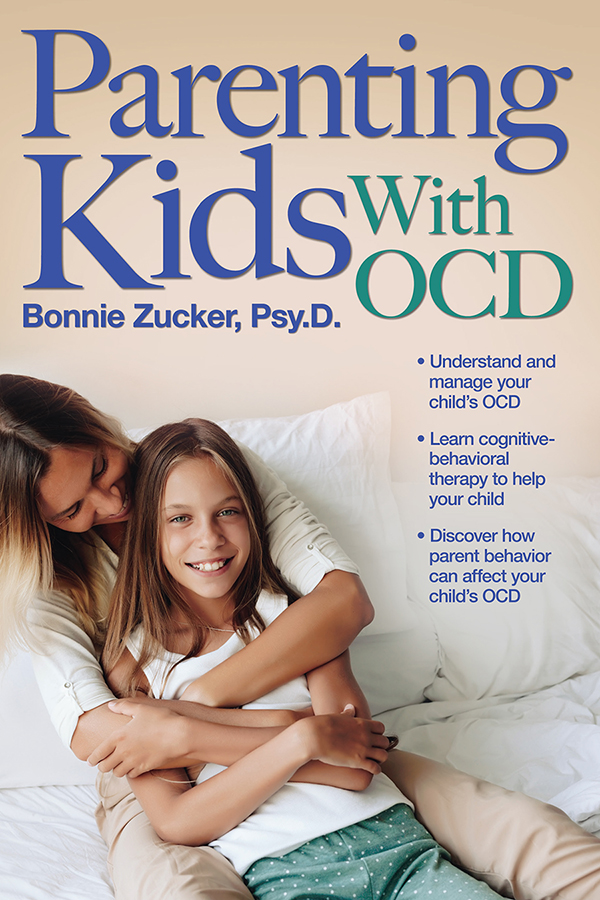


Dedication
For Brian, Isaac, and Todd:
Your love is my home, and
Nothing is as pure and as perfect.
Thank you for your support, enthusiasm,
And the sweetness you bring to my life.
Library of Congress catalog information
currently on file with the publisher.
Copyright 2018, Bonnie Zucker, Psy.D.
Edited by Lacy Compton
Cover and layout design by Raquel Trevino
ISBN-13: 978-1-61821-668-7
No part of this book may be reproduced, translated, stored in a retrieval system, or transmitted, in any form or by any means, electronic, mechanical, photocopying, microfilming, recording, or otherwise, without written permission from the publisher.
For more information about our copyright policy or to request reprint permissions, visit http://www.prufrock.com/permissions.
At the time of this books publication, all facts and figures cited are the most current available; all telephone numbers, addresses, and website URLs are accurate and active; all publications, organizations, websites, and other resources exist as described in this book; and all have been verified. The authors and Prufrock Press make no warranty or guarantee concerning the information and materials given out by organizations or content found at websites, and we are not responsible for any changes that occur after this books publication. If you find an error or believe that a resource listed here is not as described, please contact Prufrock Press.

| Prufrock Press Inc.
P.O. Box 8813
Waco, TX 76714-8813
Phone: (800) 998-2208
Fax: (800) 240-0333
http://www.prufrock.com |
Table of Contents
Acknowledgments
Many years ago, in graduate school, I read an article entitled The Privilege of Being a Therapist. I grasped the concept, but at the time my excitement for the field of psychology and the work I couldnt wait to do overshadowed what would end up being the most meaningful part. It wasnt until I entered into private practice and had the daily firsthand experience of having children, teens, and their families entrust in me their mental and emotional health when I fully realized the privilege I was given. Opening up to me, revealing their innermost thoughts and feelings, including those often laden with shame and embarrassment, and allowing me to guide, advise, and join them in facing their fears is a privilege that I am grateful for every day. I cannot thank my clients enough for teaching me so much about the fascinating challenge of OCD and the strength of the human spirit.
I have a great team of my own supporters behind me. I am forever grateful to: Drs. Rudy Bauer, Bernard Vittone, Mary Alvord, John McPherrin, and Harvey Parker. A special thank you to Dr. Vittone for the medication chart included in this book. The love of my family makes me a better clinician in countless ways. Thank you to my husband, Brian, for supporting everything I do professionally and personally, and for calming me down when Ive perhaps committed to too many things and perhaps have underestimated just how long those commitments would take. My two sweet boys, Isaac and Todd, create more light and provide more love than I ever dreamed was possible. I thank them for being so patient all those times I was writing. My sister of the heart, Emilys, endless enthusiasm for my work and belief in me as a person is an extraordinary gift. Thank you to Ilene, Norm, Lisa, Aunt Karen, and Uncle Sandy for cheering me on and celebrating every achievement with such love, pride, and excitement.
My mother, whose love and presence in my life will never be gone, taught me everything I know about kindness, compassion, determination, and resilience. She loved me fully and completely, and inspired confidence in me to do whatever I set forth to do. She was both fascinated and proud of my work as a psychologist, and it is my hope that my work honors her memory.
Finally, I am so proud and grateful to work with Lacy Compton on yet another book! Her guidance and editorial excellence greatly contributed to this work.
Introduction
Welcome to Parenting Kids With OCD! If your child or teen has been diagnosed with obsessive-compulsive disorder (OCD), or you suspect your child has it, then this is the book for you. I wrote this book in a straightforward manner, with the goal that after reading it, you will have gained a comprehensive understanding of OCD, its symptoms, types, how it presents in children, and what effective treatment looks like. You will learn the specifics of how it is best treated, and how to best support your child as she works toward overcoming the disorder. Everything I explain is based on cognitive-behavioral therapy (CBT), which is the most empirically supported approach to understanding and treating OCD.
As a specialist in anxiety disorders and OCD, I know firsthand the intensity that is involved in parenting a child with OCD and how it can affect your every move. With OCD, family accommodation is the rule, rather than the exception, and the more accommodations a family makes, the more stressed that family is and the worse the childs OCD gets. Higher levels of accommodation are linked with a worsening of symptoms. For this reason, I have included clear recommendations for how to gradually stop accommodating and what you can do instead. By being sensitive and warm, yet firm and consistent, you will develop a better way of responding to your childs OCD, which will benefit everyone enormously.
You will learn about how to find the right treatment for your child, and strategies that you can use at home and at school. We will go through many case examples to illustrate the different types of OCD and to better understand the course of treatment. We will also discuss when more intensive treatment options should be considered and what to expect in the future.
Because stress exacerbates OCD symptoms in children, we will devote some attention to stress management for your child and for you as well, as it tends to be a parallel experience. Finally, Ive included a list of resources and helpful organizations, as well as additional readings in the Resources section at the end.
Chapter 1
Is It OCD?
Obsessive-compulsive disorder (OCD) has been identified and classified as a disorder since the very late 1800s. Beginning in the mid-1960s, behavioral approaches showed great promise for treatment, and by the 1980s, they evolved into cognitive-behavioral therapy (CBT), specifically exposure/response prevention (E/RP), which is currently used with great success in both the understanding and treatment of the disorder. By now, most cases of OCD are very treatable, and it is essential to have hope about your childs prognosis and his or her ability to succeed on the path toward improvement. This book is based on the principles of CBT, and my goal is for you to gain a thorough understanding that can then inform you when guiding your child toward improvement. Knowing the specifics of CBT will also help ensure that the treatment your child receives is both comprehensive and consistent with the approach.
Formally included in the category of anxiety disorders in the previous version of the Diagnostic and Statistical Manual of Mental Disorders (DSM; the bible for mental health practitioners that includes the criteria for all mental health disorders), OCD has become its own category called
Next page
